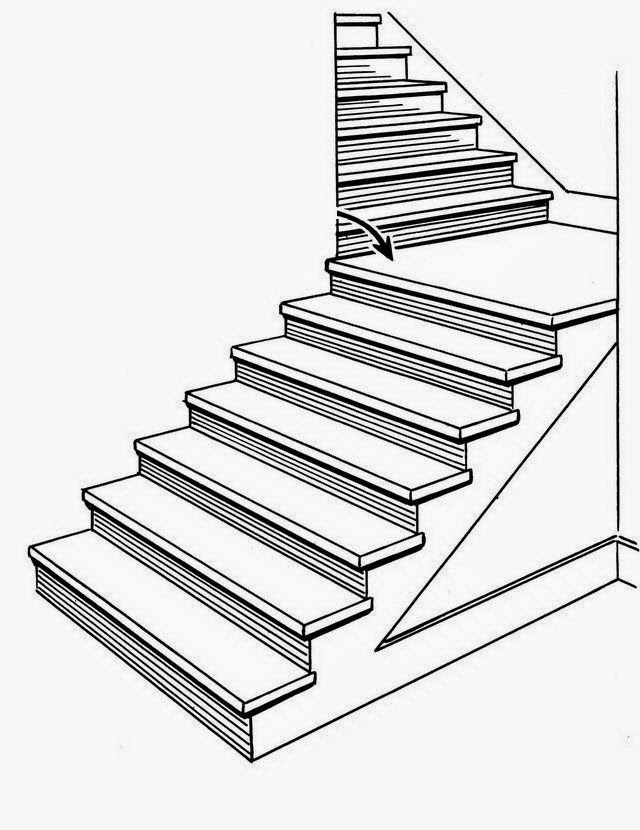Don't cry because it's over, smile because it happened.
viernes, 28 de febrero de 2014
jueves, 27 de febrero de 2014
OTHER WAYS OF SAYING GOOD
OTHER WAYS OF SAYING GOOD
-Great
- Superior
- Fantastic
- Incredible
- Excellent
- Amazing
- Remarkable
- Wonderful
- Marvellous
-Great
- Superior
- Fantastic
- Incredible
- Excellent
- Amazing
- Remarkable
- Wonderful
- Marvellous
Activity: Choose the correct phrasal verb.
Choose the correct answer:
He _________ in Scotland.
a) gave up
b) woke up
c) grew up
Puedes contestar la actividad justo abajo, en el apartado comentarios.
miércoles, 26 de febrero de 2014
martes, 25 de febrero de 2014
Idiom: Better the devil you know than......
IDIOM
Better the devil you know than the devil you don't know.
Más vale malo conocido que bueno por conocer
lunes, 24 de febrero de 2014
Idiom: A BIRD IN THE HAND IS WORTH TWO IN THE BISH
A bird in the hand is worth two in the bush
Mas vale pajaro en mano que ciento volando
Posted via Blogaway
Etiquetas:
Idioms
Ubicación:
Jerez de la Frontera, España
ACTIVITY: CHOOSE THE CORRECT PHRASAL VERB
CHOOSE THE CORRECT PHRASAL VERB:
If you want to __________ a bus in London, you will have to queue.
a) get in
b) get on
c) get out
PUEDES CONTESTAR LA ACTIVIDAD EN EL APARTADO COMENTARIO JUSTO AQUÍ ABAJO. CUANDO HAYA VARIAS RESPUESTAS DARÉ LA CORRECTA.
If you want to __________ a bus in London, you will have to queue.
a) get in
b) get on
c) get out
PUEDES CONTESTAR LA ACTIVIDAD EN EL APARTADO COMENTARIO JUSTO AQUÍ ABAJO. CUANDO HAYA VARIAS RESPUESTAS DARÉ LA CORRECTA.
domingo, 23 de febrero de 2014
sábado, 22 de febrero de 2014
Phrasal verbs: give up
Give up: abandonar, rendirse, dejar...
After an hour, Mike gave up. He couldn't fix the computer
Posted via Blogaway
Idiom: I'm on cloud nine
Etiquetas:
Idioms
Ubicación:
Jerez de la Frontera, España
jueves, 20 de febrero de 2014
miércoles, 19 de febrero de 2014
JUST
"Just"
se utiliza para acciones o eventos que ocurrieron hace poco tiempo y como tal
puede ser traducido como "acabar de" o "sólo".
Se coloca antes
del verbo o entre el auxiliar y el verbo en la frase.
|
I +
HAVE/HAS + JUST + VERBO(PARTICIPIO) + COMPLEMENTOS
|
-
Where's
Jacob? He's just left. (¿Donde está Jacob? Acaba de irse.)
-
Beth has just
moved to New York. (Beth acaba de trasladarse a Nueva York.)
martes, 18 de febrero de 2014
HAPPY - PHARRELL WILLIAMS
Haz click en el enlace si quieres escuchar la canción con subtitulos en español e inglés
Happy - Pharrell Williams
Happy - Pharrell Williams
lunes, 17 de febrero de 2014
PRESENT PERFECT Vs. PAST SIMPLE
-Se forma en
los verbos regulares añadiendo –ed al verbo y en los irregulares eligiendo la
segunda columna, for example: come, came, come.
|
VERBO REGULAR
|
|
|
SUJETO
|
VERBO -ED
|
|
I
|
PLAYED (yo
jugué)
|
|
VERBO IRREGULAR
|
|
|
SUJETO
|
SEGUNDA COLUMNA
|
|
I
|
CAME (yo
vine)
|
- Acción que
se desarrolló y finalizó en el pasado.
I bought a car.
|
I lived in this city for
10 years.
|
Yo viví en esta ciudad 10
años: pero ya no vivo ahí.
|
- Si se mencionara el momento de su
realización, entonces habría que utilizar el "past simple":
|
I read a book this
morning.
|
Yo leí un libro esta
mañana
|
b) Presente Perfect
- Se forma con el verbo HAVE y el
participio del verbo principal.
|
VERBO REGULAR
|
|
|
|
SUJETO
|
HAVE
|
VERBO -ED
|
|
I
|
HAVE
|
PLAYED (yo
he jugado)
|
|
HE
|
HAS
|
PLAYED (él
ha jugado)
|
|
VERBO IRREGULAR
|
|
|
|
SUJETO
|
HAVE
|
SEGUNDA COLUMNA
|
|
I
|
HAVE
|
CAME (yo he
venido)
|
|
HE
|
HAS
|
CAME (él
ha venido)
|
- Acción que se inició en el pasado y que aún
continúa desarrollándose.
I have
bought a car:
nos indica que la acción de comprar el coche acaba de realizarse.
- Acción
desarrollada en el pasado pero cuya repercusión aún se manifiesta en el tiempo
presente.
My brother
has broken his glasses (las gafas se han roto recientemente y siguen rotas)
Comparar con
la siguiente oración:
My brother broke his glasses (no
sabemos si las gafas ya están arregladas o no)
- No se suele mencionar el momento en el que se
ha desarrollado la acción:
|
I have read a book.
|
Yo he leído un libro:
la acción acaba de finalizar.
|
No obstante, a veces sí se puede mencionar el
periodo de tiempo en el que la acción se ha desarrollado, pero únicamente si
este periodo de tiempo aún no ha finalizado:
|
This morning I have drunk
three coffees.
|
Esta mañana me he tomado 3
cafés: si el periodo de la mañana aún no ha terminado.
|
|
PAST SIMPLE
|
PRESENT
PERFECT
|
|
Yesterday
|
Just
|
|
Ago
|
Already
|
|
In 1990
|
Up to now
|
|
The other day
|
Until now/till now
|
|
Last
|
Ever
|
|
|
Not (yet)
|
|
|
So far
|
Suscribirse a:
Comentarios (Atom)





















